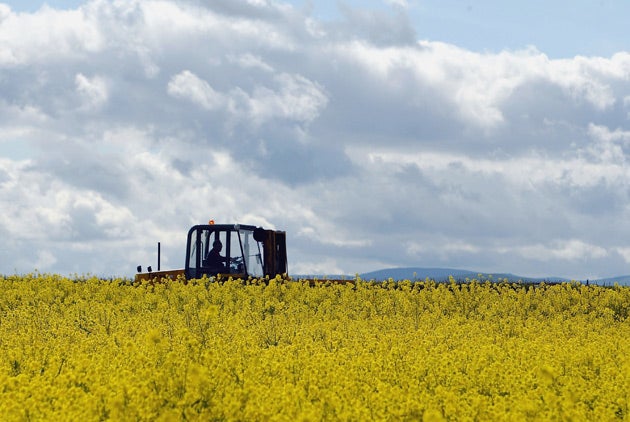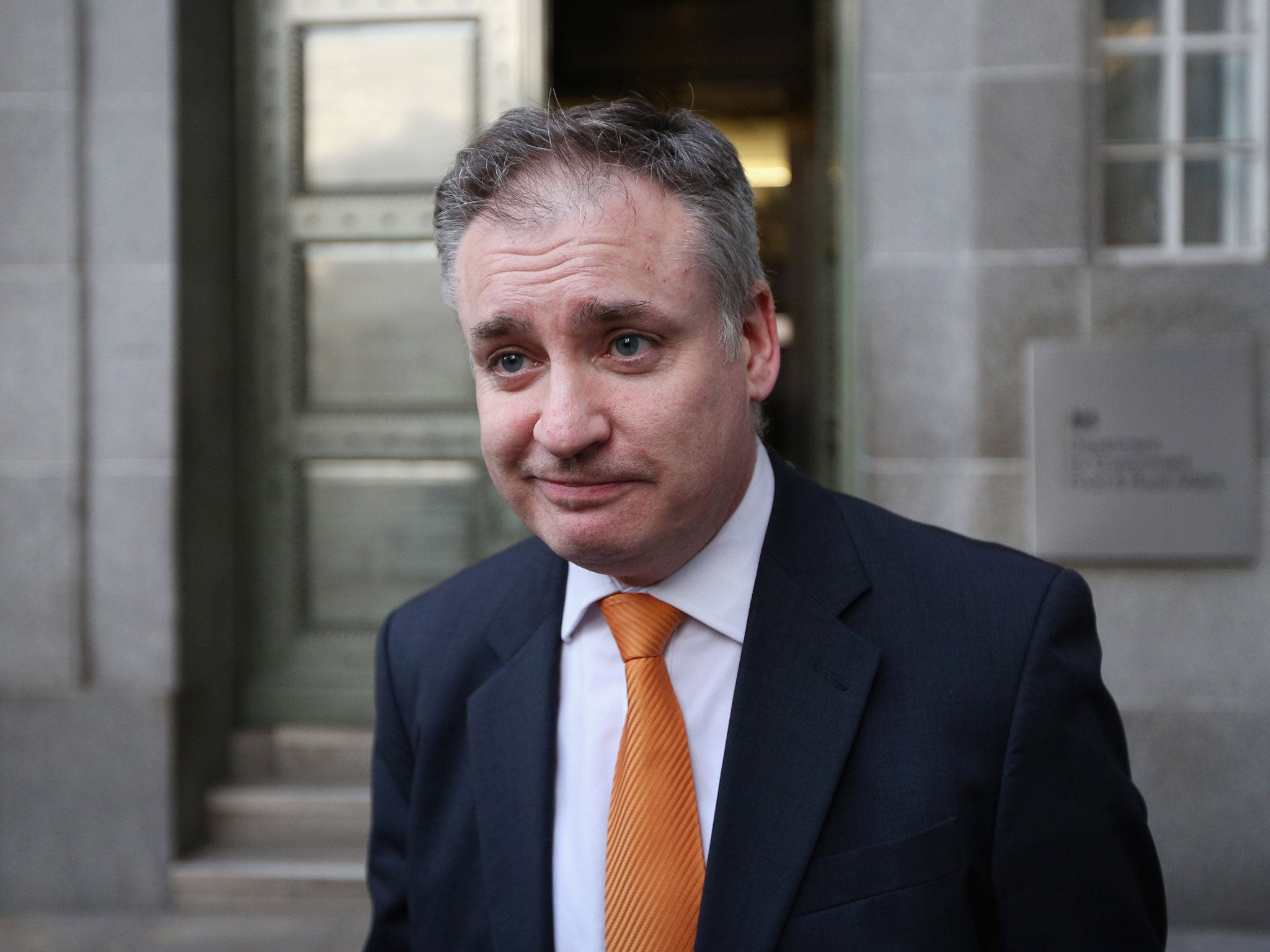Scotland to ban all GM crops over fears for 'green brand', angers farmers and scientists
Farmers say outlawing biotechnology will hurt competitiveness

Your support helps us to tell the story
From reproductive rights to climate change to Big Tech, The Independent is on the ground when the story is developing. Whether it's investigating the financials of Elon Musk's pro-Trump PAC or producing our latest documentary, 'The A Word', which shines a light on the American women fighting for reproductive rights, we know how important it is to parse out the facts from the messaging.
At such a critical moment in US history, we need reporters on the ground. Your donation allows us to keep sending journalists to speak to both sides of the story.
The Independent is trusted by Americans across the entire political spectrum. And unlike many other quality news outlets, we choose not to lock Americans out of our reporting and analysis with paywalls. We believe quality journalism should be available to everyone, paid for by those who can afford it.
Your support makes all the difference.Scotland is to ban the use of all genetically modified crops in a move which the government says will preserve the country’s “clean and green brand”.
The SNP rural affairs secretary Richard Lochhead announced that he would be requesting an opt-out for Scotland from EU-wide consent for GM crops, which has already been granted to a new variety of maize.
But it’s a move that has brought criticism from farmers and experts alike, with professor of molecular genetics Huw Jones describing it as “a sad day for science and a sad day for Scotland”.
Mr Lochhead said the Scottish government had decided to rule out ever allowing GM crops to be grown because it refused to “gamble with the future of our £14 billion food and drink sector”.
He told the Press Association: “Scotland is known around the world for our beautiful natural environment - and banning growing genetically modified crops will protect and further enhance our clean, green status.”
There was “no evidence” of a demand for GM crops among consumers in Scotland, Mr Lochhead said, adding: “The Scottish Government has long-standing concerns about GM crops - concerns that are shared by other European countries and consumers, and which should not be dismissed lightly.”

Scotland’s ban on GM crops comes at a time of unprecedented breakthroughs in the use of “Crispr”, a powerful tool for manipulating genetic code which experts have warned could nonetheless have dangerous unforeseen impacts.
And the move was welcomed by the Scottish Green MSP Alison Johnstone, who said: “Opting out of growing genetically modified crops is the right move for Scotland.
“Cultivation of GM crops would harm our environment and our reputation for high quality food and drink.”
Farmers, however, have expressed concern that the blanket ban will harm their ability to remain competitive with European rivals.
Andrew McCornick, vice president of the NFUS, told the Scotsman: “There is going to be one side of the Border in England where they may adopt biotechnology, but just across the River Tweed farmers are not going to be allowed to.
“How are these farmers going to be capable of competing in the same market? It is certainly won’t be delivering a level playing field with other countries.”
Professor Jones, who works at the agricultural science group Rothamsted Research, said: “GM crops approved by the EU are safe for humans, animals and the environment and it's a shame the Scottish Parliament think cultivation would harm their food and drink sector.
“If approved, this decision serves to remove the freedom of Scottish farmers and narrows their choice of crop varieties to cultivate in the future.”
Join our commenting forum
Join thought-provoking conversations, follow other Independent readers and see their replies
Comments